Russia says recovered Ukraine drones in Crimea attack with ‘Canadian-made navigation modules’
The Russian Defense Ministry says it has recovered and analyzed the fragments of drones used by the Ukrainian military to stage a “terrorist attack” against Russia's Black Sea Fleet in the Crimean Peninsula, coming to the conclusion that the unmanned aerial vehicles were equipped with “Canadian-made navigation modules.”
The Ukrainian attack was carried out near Crimea’s Sevastopol port with 16 drones early on Saturday, with the Russian military saying it had managed to repel it.
“Specialists of the Russian Defense Ministry jointly with representatives from other state agencies examined Canadian-made navigation modules of the marine drones. Based on the results of data retrieved from the navigation receiver’s memory, it was established that the marine unmanned aerial vehicles had been launched from the coast near Odessa,” the ministry said in a statement on Sunday.
According to the statement, the drones had moved along the "grain corridor" security zone before changing course to head for Russia's naval base in Sevastopol, the largest city on the Crimean Peninsula. "This may indicate the preliminary launch of this device from aboard one of the civilian vessels chartered by Kiev or its Western patrons for the export of agricultural products from the seaports of Ukraine."
The Russian Defense Ministry said shortly after Saturday’s drone attacks that Moscow was suspending its participation in a United Nations-brokered deal that allowed grain exports from Ukraine amid the deteriorating global food crisis.
The ministry also accused Kiev of planning the Sevastopol drone attack with the help of British military specialists; a claim London has denied.
Earlier this week, Sevastopol Governor Mikhail Razvozhayev said a drone had attacked a thermal power station near the Crimean port city.
The Russian fleet stationed in the port had also been attacked by a drone in July.
Crimea joined the Russian Federation in a referendum in 2014.
Russia launched its “special military operation” in Ukraine in late February, following Kiev’s failure to implement the terms of the 2014 Minsk agreements and Moscow’s recognition of the breakaway regions of Donetsk and Luhansk.
Activists announce 'Freedom and Sumud Flotilla' to challenge Gaza blockade
VIDEO | Rome residents demand end to ties with Israeli firms
VIDEO | Pakistan Senate condemns ‘hexagon of alliances’ as Indian PM visits Israel
VIDEO | Founder of French pro-Palestine NGO appears before court
VIDEO | Modi’s Israel visit sparks opposition, domestic backlash
VIDEO | Continuous war on media in occupied West Bank
Kabul rocked by explosions as Pakistan launches airstrikes
Iran Armed Forces warn US of severe consequences for any aggression


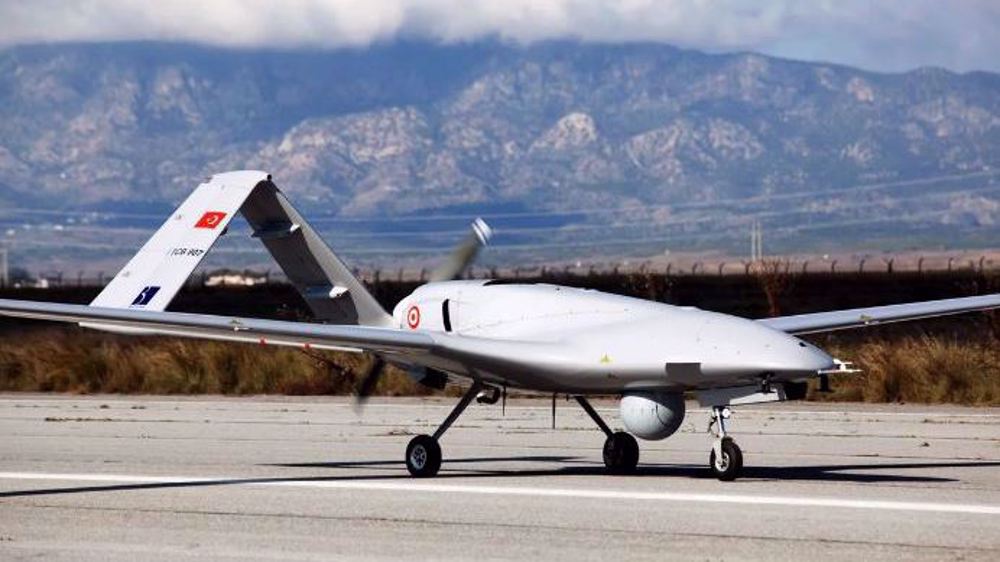
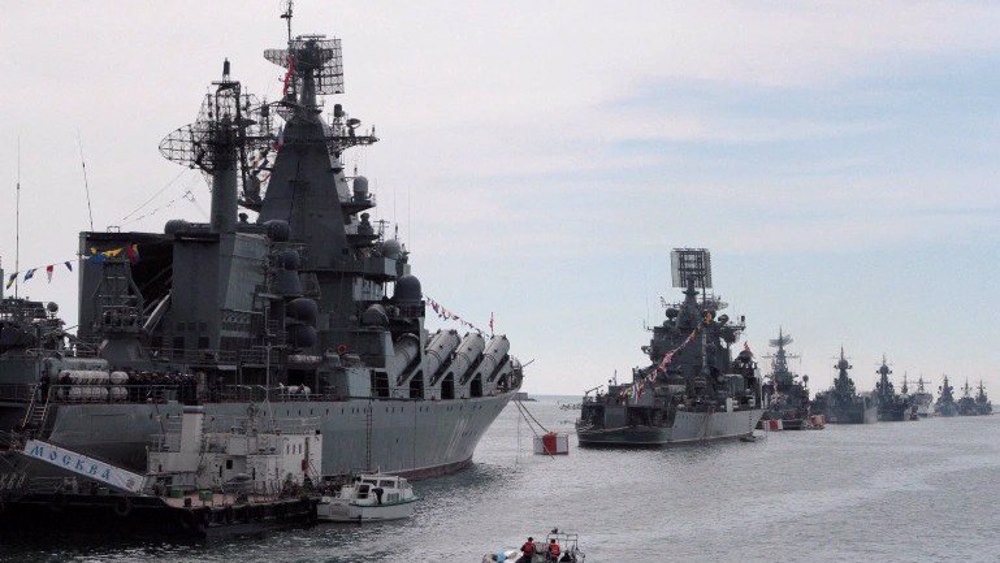
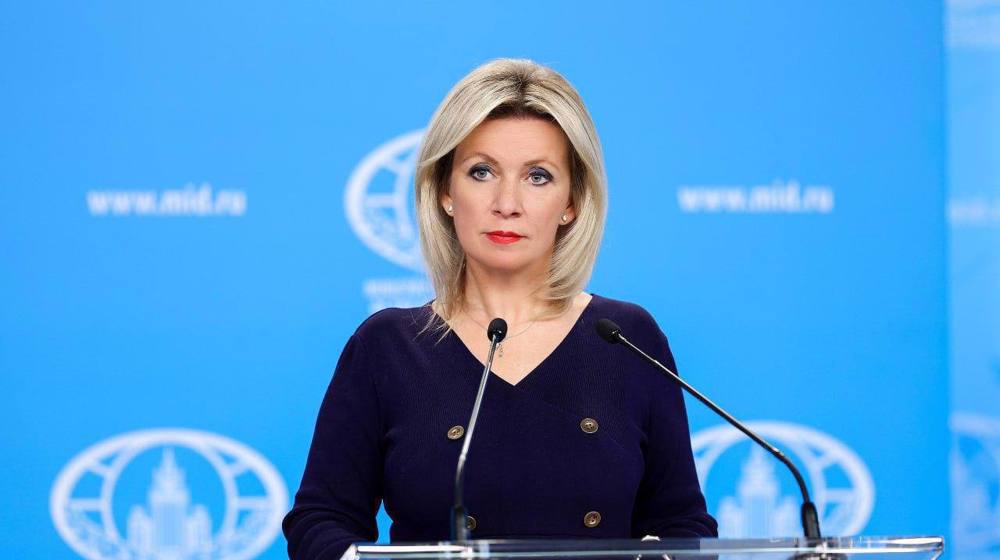
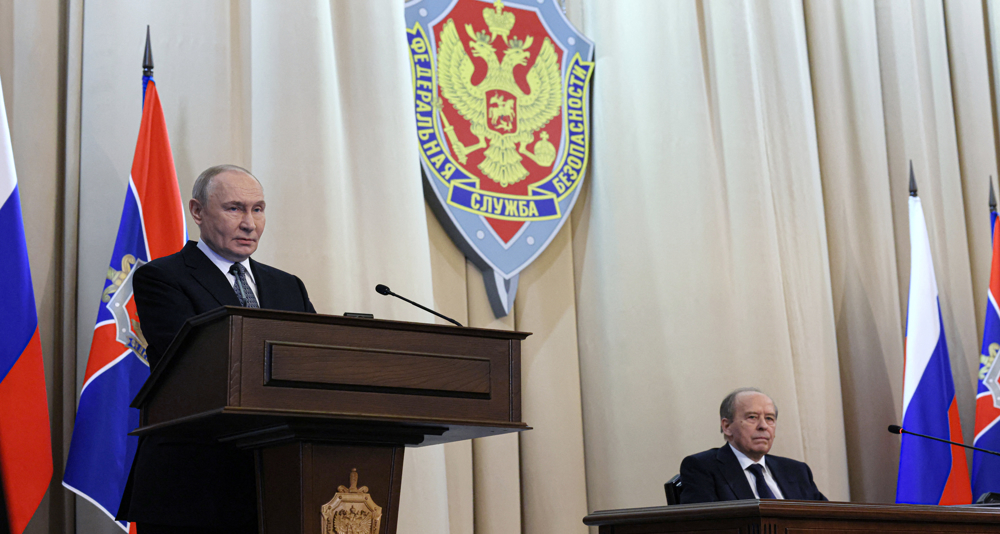
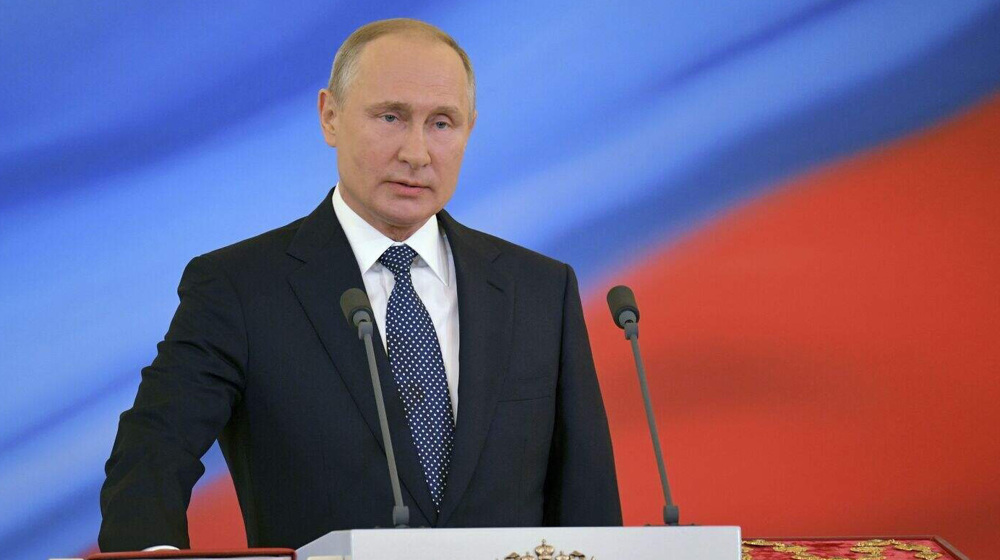




 This makes it easy to access the Press TV website
This makes it easy to access the Press TV website